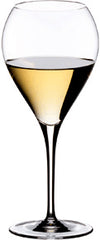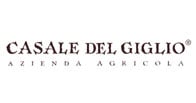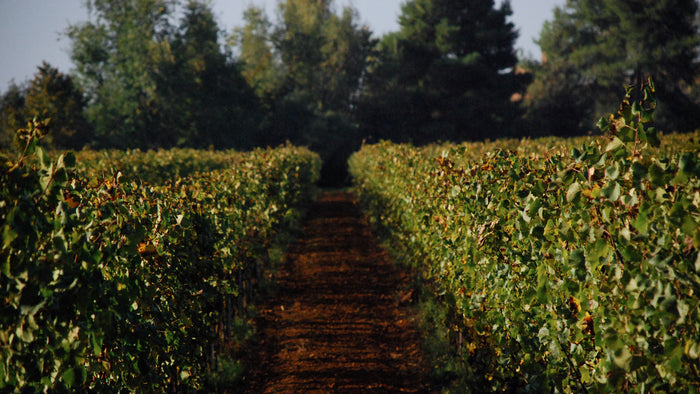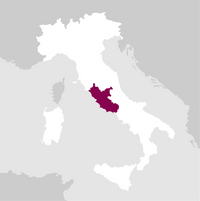Description
Aphrodisium The name comes from a village belonging to the ancient communities of Latium of the Pontine Marshes, in the province of Latina, on the site of a temple dedicated to "Aphrodite Marina", protector of sailors.
Awards
Details

Perfume

Color

Taste
Serve at:
10 - 12 °C.
Longevity:
10 - 15 years

Pairings
- Start up year: 1985
- Oenologist: Paolo Tiefenthaler
- Hectares: 160
This territory, represented, compared to other areas of Lazio and other Italian regions, an environment to be explored from the wine standpoint.
For this reason in 1985 he gave life to the research and development project "Casale del Giglio", authorized by the Department of Agriculture of the Lazio Region.
still working together on this initiative Professor Attilio Scienza, the Institute of Arboreal Cultivation, University of Milan, Prof. Angelo Costacurta, Experimental Institute for Viticulture in Conegliano (Treviso) and Prof. Fulvio Mattivi of Edmund Foundation Mach - Research and Innovation Centre of the Istituto Agrario San Michele Provincial (Trento), from which the oenologist, Paolo Tiefenthaler.
The wine cultivation models that have inspired this research are those practiced in Bordeaux, Australia and California, which are territories exposed to the influence of the coast, exactly as the Pontine Marshes, which benefits from the influence of the Tyrrhenian Sea. Read more


| Name | Casale del Giglio Aphrodisium 0.5L 2022 |
|---|---|
| Type | White late harvest dessert wine dessert wine |
| Denomination | Lazio IGT |
| Vintage | 2022 |
| Size | 0,50 l |
| Alcohol content | 11.0% by volume |
| Grape varieties | 30% Petit Manseng, 30% Viognier, 20% Fiano, 20% Greco |
| Country | Italy |
| Region | Lazio |
| Vendor | Casale del Giglio |
| Harvest | The late harvest falls at different times depending on the variety: you get to the end of October for the Petit Manseng, in order to obtain well dried grapes, dehydrated by the sea breeze. The sugar content of the grapes reaches on average 30-32 ° Babo, approximately 18 ° of potential alcohol. The grapes are collected in boxes of 10 kg and placed intact in a press in order to extract only gently the most concentrated part of the juice, free of solid parts, with a yield of grape must into just 30%. |
| Wine making | The fermentation takes place spontaneously in stainless steel tanks at a temperature of around 18 ° C. |
| Allergens | Contains sulphites |









